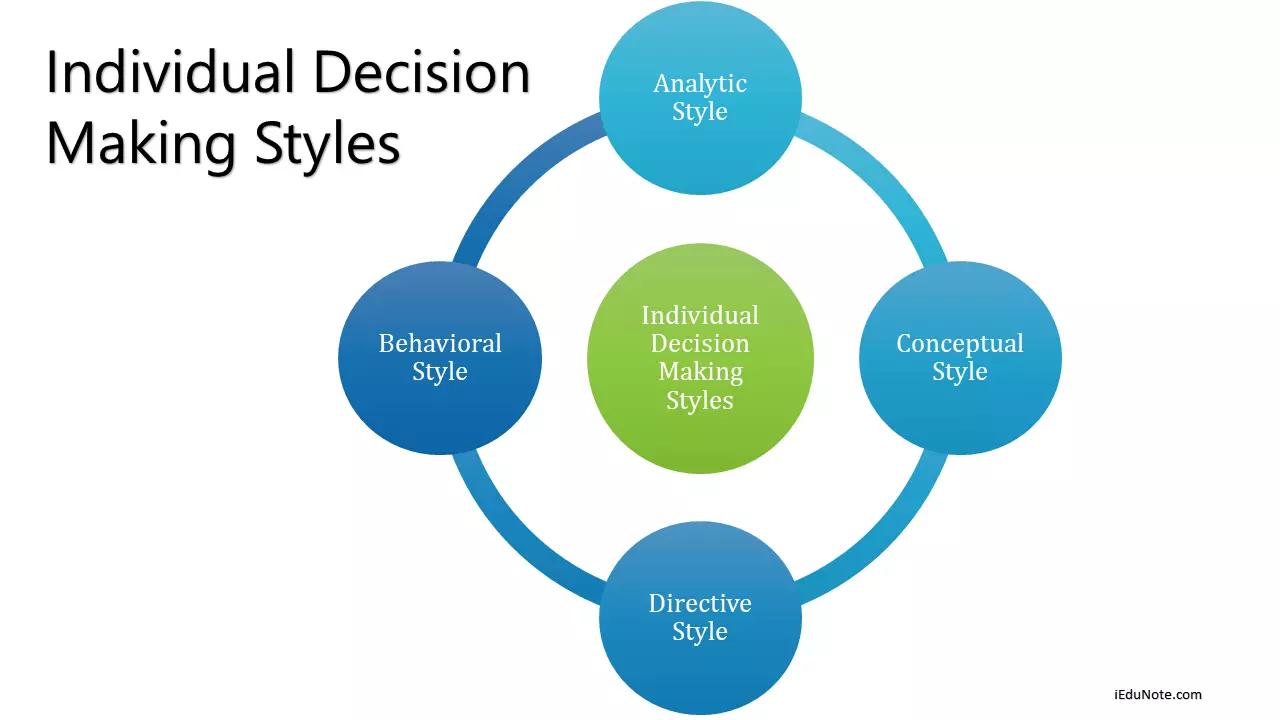Coping Techniques: Simple Tools to Manage Stress and Tough Days
When stress hits, small actions matter. Coping means using practical tools to lower pressure, get clear thinking, and protect your health. This page groups easy techniques you can use right now and explains when to pick each one.
Start with breathing and grounding
Slow box breathing helps reset the nervous system. Breathe in for four, hold four, out for four, hold four. Repeat five times and notice your heart rate drop. Grounding uses your senses to pull you into the present: name five things you can see, four you can touch, three you can hear, two you can smell, and one you can taste. Both tricks take less than a minute and calm panic fast.
Use movement to change how you feel
A short walk, a few stretches, or ten minutes of jumping jacks moves blood and shifts mood. If you sit a lot, set a timer to stand and stretch every hour. For stronger stress, try a 20-minute brisk walk or a short bodyweight routine. Exercise releases endorphins and gives your brain space to solve problems.
Sleep and routine are underrated. Go to bed and wake up at similar times. Avoid screens an hour before bed and keep the room cool and dark. If sleep is poor, jot down worries before bed to clear your head. Better sleep helps you handle stress without reacting quickly.
Talk to someone who listens. Sharing a problem doesn't mean you want advice. A friend or family member who listens can reduce the load. If you need guidance, try a counselor or therapist. Online therapy can be fast and private. If medications are part of your plan, discuss options with your doctor.
Plan small actions when problems feel big. Break tasks into tiny steps and pick one to do now. For example, if you must call a doctor, write the number, schedule a time, and practice what to say. Small wins build momentum and lower the feeling of overwhelm.
Use practical self-care that fits your life. Eat regular meals, drink water, and limit caffeine when anxious. Try a simple hobby that gives pleasure without pressure: drawing, cooking a short recipe, or a quick podcast. Limit news or social media when it raises your stress.
Know when to get professional help. If coping techniques don't ease things, or if you feel hopeless, unsafe, or unable to function, contact a healthcare provider right away. Emergencies need immediate help.
Short tools to carry with you: a breathing routine, a grounding list, a 5-minute walking route, a list of two trusted contacts, and a bedtime checklist. Practice these when calm so they work better under pressure. Small, consistent habits make coping easier over time.
Try keeping a short coping list on your phone with three go-to moves: breathing, walking, and calling one person. Review it weekly and update as needed. Having a ready plan reduces decision fatigue and helps you act faster when stress spikes every single day.

Strategies for Managing Dementia-Related Behavioral Changes
In my recent blog post, I discussed various strategies for managing dementia-related behavioral changes. I emphasized the importance of understanding the triggers behind these changes, and how creating a stable daily routine can make a significant difference. I also covered the role of communication, both verbal and non-verbal, in addressing and preventing episodes of agitation or confusion. Additionally, I touched upon environmental modifications and the need for caregivers to practice self-care and seek support. Overall, my post aims to equip readers with practical tips to better navigate the challenges of dementia care.
